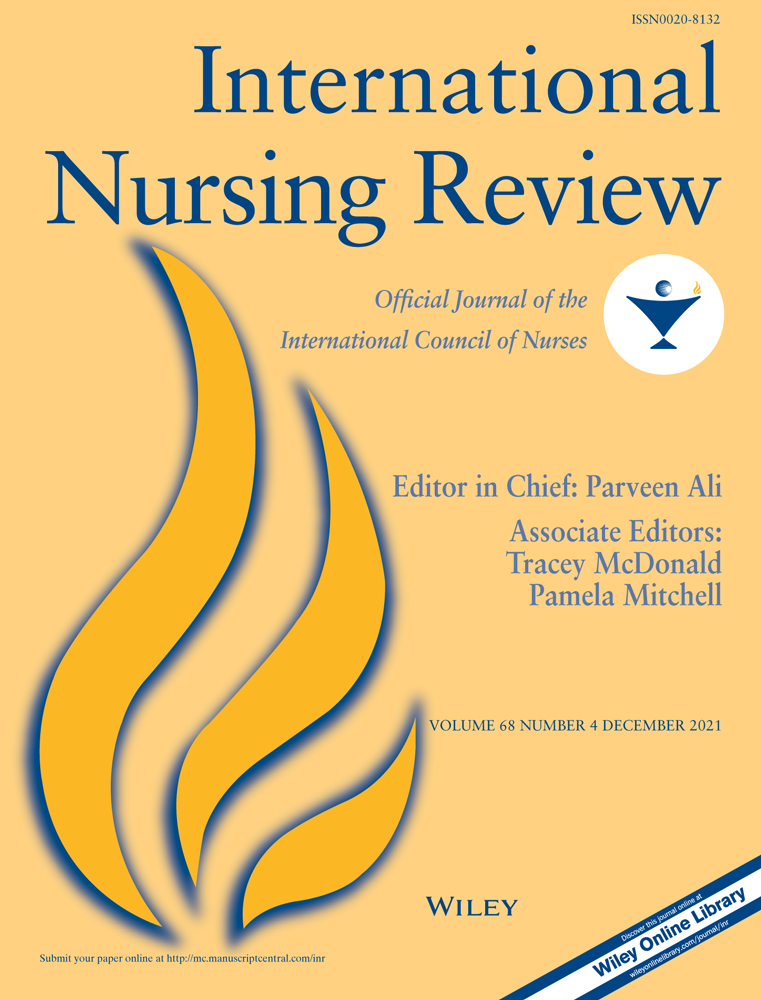The ‘sleeping elephant’: The role of mentorship of critical care nurses in Zambia
Abstract
Aim
To develop and evaluate a Zambian context-specific mentorship model that supports registered nurses completing emergency, trauma and critical care programmes in Zambia.
Background
In Zambia, emergency and trauma and critical care nursing are relatively new specialties, with education and training programmes less than a decade old. A train the trainer mentorship programme was developed and delivered at two colleges of nursing. Ethics approval was gained in both Zambia and the UK.
Sources of evidence
Documentary data analysis and focus groups were used. Focus groups included stakeholders and nurses in practice who had completed the train the trainer programme and were using the mentorship model.
Discussion
The critical review of the literature revealed there was a paucity of evidence on the role of mentors in critical care. However, national documentation identified that most post basic education programmes are at Diploma Level with limited content that focuses on bedside teaching, mentorship and assessment content.
Conclusion
Feedback from representatives attending the stakeholder workshops and focus groups which included participants who had completed the training programme enabled the mentorship model and workshop to be developed and evaluated.
Implications for nursing practice
Nurses are the backbone of healthcare systems in Africa and the world. Mentorship and assessment in practice enables nurses to develop the competence and skills to lead practice, support peers and junior colleagues.
Implications for nursing policy
This paper has identified the need for a context-specific formalised mentorship model to support specialist practice and this project has provided the foundations for mentorship of emergency, trauma and critical care nurses in Zambia.
CONFLICT OF INTEREST
The authors have declared no conflict of interest.




